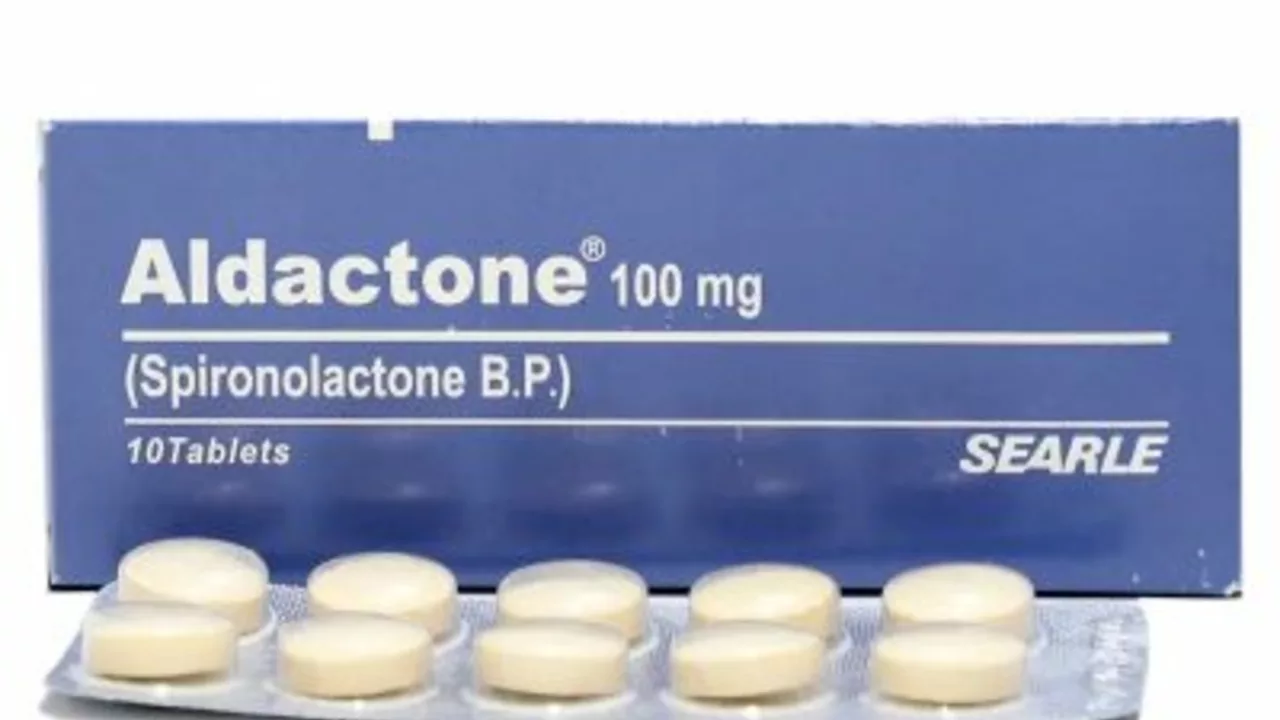Eplerenone: What It Is and How It Helps Your Heart
Eplerenone is a medicine doctors use to treat heart failure and high blood pressure after a heart attack. It blocks aldosterone, a hormone that makes your body hold salt and water. By stopping aldosterone, eplerenone helps lower blood pressure, reduce swelling, and protect the heart from scarring after damage.
Typical adult dose for heart failure starts at 25 mg once daily, usually increased to 50 mg once daily as tolerated. For high blood pressure the dose can vary; follow your doctor’s instructions. Take it with or without food at the same time each day. If you miss a dose, take it when you remember unless it’s almost time for the next dose—don’t double up.
Side effects and what to watch for
Common side effects include dizziness, high potassium (hyperkalemia), and fatigue. The most serious risk is hyperkalemia, which can cause muscle weakness or an irregular heartbeat. That’s why your doctor will check blood potassium and kidney function before you start and again within a week or two after changing doses. Report symptoms like palpitations, severe weakness, or fainting right away.
Interactions and safety tips
Avoid taking eplerenone with potassium supplements, salt substitutes that contain potassium, or other drugs that raise potassium such as spironolactone, ACE inhibitors, ARBs, and certain NSAIDs. If you use lithium or strong CYP3A4 inhibitors like ketoconazole, your doctor may adjust the dose or choose another drug. Don’t use eplerenone if you have very high potassium or severe kidney problems.
Before starting, tell your doctor about all prescription drugs, over-the-counter meds, and herbal supplements you take. Drink alcohol in moderation and avoid dehydration. If you plan surgery or get contrast dye for a scan, mention eplerenone to your care team.
Want to buy eplerenone online? Be careful. Use licensed pharmacies that require a prescription and show clear contact info and licensing. Avoid sites offering prescription drugs without a prescription. Our site lists safe pharmacy tips and reviews to help you find trusted options.
Monitoring is simple: regular blood tests for potassium and creatinine at the start, after dose changes, and periodically after that. Keep a list of your medicines and lab results, and bring it to appointments. Your dose may change as your kidney function or potassium levels change.
If you have questions about eplerenone, talk to your doctor or pharmacist. It works well for many people but needs the right monitoring and drug checks. Use this tag page to find articles on diuretics, alternatives, and safe online pharmacies that mention eplerenone and related treatments.
Older adults and people with kidney trouble need care. Doctors often start lower and check labs more often. If you're pregnant, planning pregnancy, or breastfeeding, discuss risks and alternatives — heart drugs need review during pregnancy. Keep a medication list when you visit any clinic, and ask for written lab targets for potassium and creatinine so you know when to call. In an emergency with fainting or fast heartbeat, seek immediate care.






